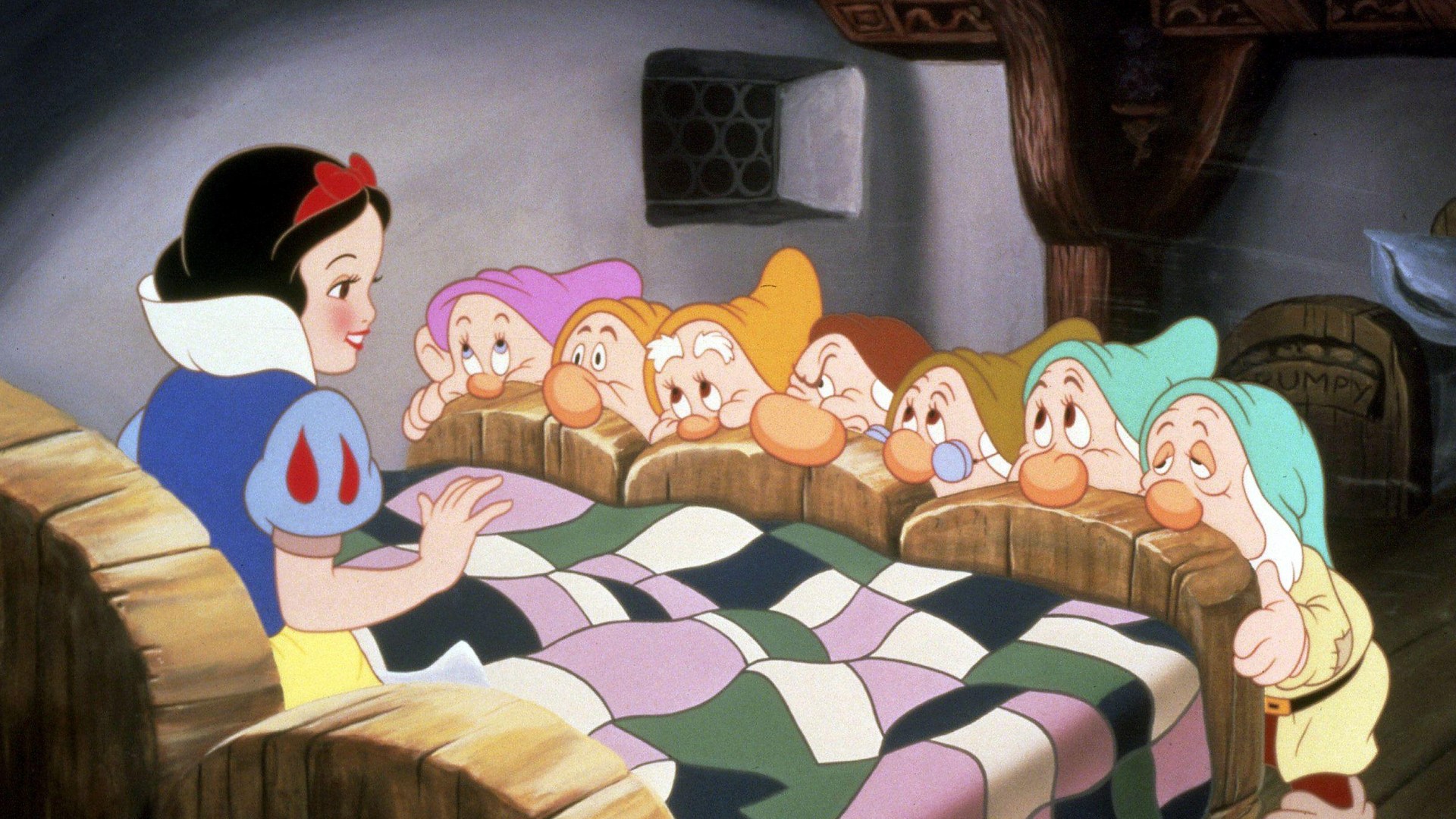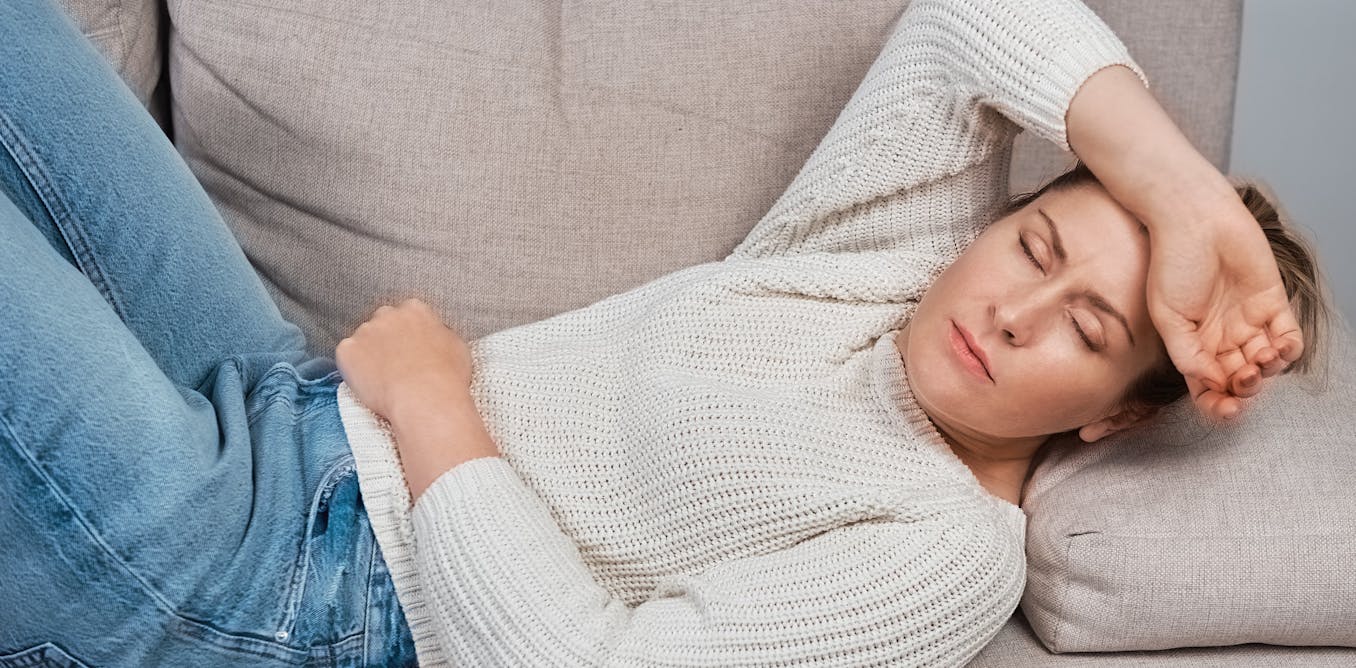BEDTIME stories aren’t just for helping kids drift off – they might also be a fun way to reveal sleep issues.
British scientists reckon some of our favourite fairy tales can teach us a thing or two about the benefits of good sleep and even help spot signs of sleep disorders.
5

5

5
Our sleep in the UK is bad, and it’s only getting worse,
As many as 30 per cent of adults experience sleep problems, up from 23 per cent in 2012.
One in 10 of us suffers from chronic insomnia, which is having trouble sleeping for three days a week for more than three months.
And even for those spared the long-term form of the condition, a YouGov poll published last year revealed that 21 per cent of Brits have problems falling asleep a few nights a week.
Writing in the Christmas issue of the British Medical Journal (BMJ) Megan Thomas and her team dug into four popular tales, showing how childhood classics can highlight the importance of shut-eye while offering clues about common sleep problems.
Snow White and her dwarfs: sleep apnoea
The tale of Snow White highlights the daytime consequences of poor sleep, particularly due to obstructive sleep apnoea.
The serious conditions cause breathing to repeatedly stop and restart while you sleep.
There are a load of different symptoms linked to sleep apnoea but some of the most obvious are loud snoring and abrupt awakenings followed by gasping and choking.
Night-time sweating, morning headaches, high blood pressure, decreased libido and severe sleep deprivation are also huge tell-tale signs.
The lack of sleep can also affect your mood, leading to irritability Grumpy), tiredness (Sleepy), and weaker social skills (Bashful), during the day.
Problems with attention and word fluency, also linked to sleep deprivation, might explain Doc’s speech difficulties.
As for Sneezy, his allergies may contribute to respiratory obstruction, but the authors suggest tiredness could also lower his immunity, making him more prone to respiratory illnesses.
The Princess and the Pea: sensory sensitivities
In The Princess and the Pea, the princess tosses and turns all night because of that tiny lump under the mattress.
The researchers suggest her extreme sensitivity could point to sensory issues often seen in people with autism spectrum disorder, or ASD.
Autism is a neurodevelopmental condition affecting people’s behaviour, and ability to communicate and socialise.
Many with ASD also suffer from sensory sensitivities, meaning they may be over-sensitive or under-sensitive to specific sights, sounds, smells or textures.

5
Goldilocks and the Three Bears: the perfect sleep environment
Goldilocks and the Three Bears emphasises the importance of an ideal sleep environment.
A comfortable bed, a room that’s “just right” in temperature – not too hot or too cold – and a quiet, dark setting are key to achieving healthy sleep, the researchers say.
The Sun’s One Week to Better Sleep newsletter to snooze like an expert

Do you struggle to fall asleep at night?
One Week to Better Sleep is here to turn your bedtime nightmare into a dream come true.
This special newsletter series from The Sun takes subscribers on a journey to understand sleep better than ever in just five days.
It makes the science of sleep easy to understand while busting myths along the way, with tips on how to eat for a better night’s rest, turn your bedroom into a sleep sanctuary and so much more.
So what are you waiting for? Sign up for The Sun’s One Week to Better Sleep newsletter now.
Peter Pan: parasomnias
In Peter Pan, the authors highlight parasomnias – sleep issues like sleepwalking, sleep talking, confusion during wake-ups, and night terrors.
Peter’s “painful” dreams could be nightmares or night terrors.
These sleep issues are often triggered by stress, separation anxiety, or lack of sleep.
This fits with Peter and the Lost Boys, who were abandoned by their parents and constantly faced with the threat of Captain Hook.
In other TV news, NHS GPs gave their verdict on the most accurate medical TV dramas – read more on their rankings here.

5




